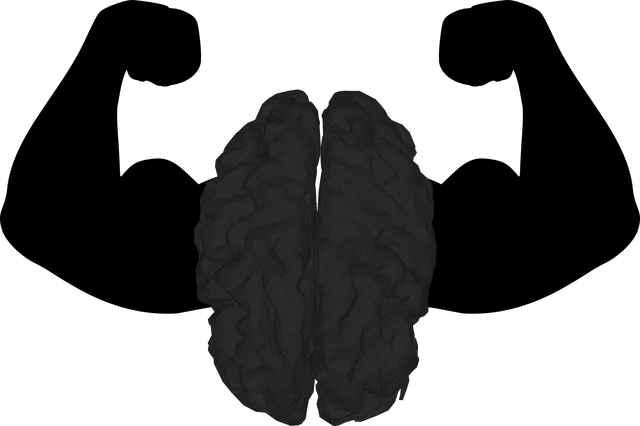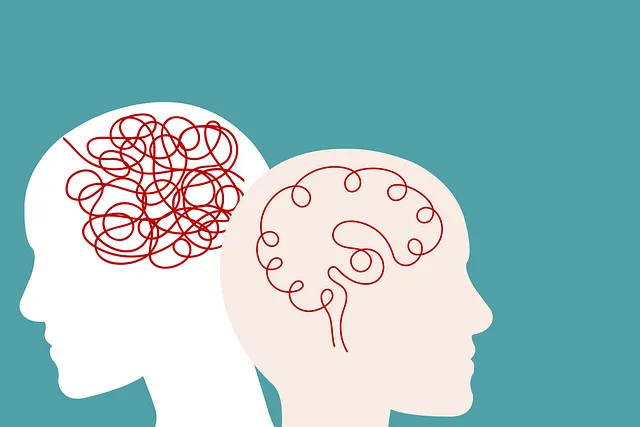Community outreach programs, like those offered by Lone Tree Kaiser Permanente, significantly enhance mental health care accessibility by bringing services to underserved communities. Through education, stigma reduction, and early intervention, these initiatives empower individuals with coping tools, while also fostering trust between healthcare providers and community members. Positive reviews highlight Lone Tree Kaiser Permanente's holistic approach, integrating self-care and burnout prevention for both patients and healthcare professionals. Inclusive community engagement strategies, such as organized forums, strengthen the connection between providers and residents, tailoring services to cultural needs. Measuring success through attendee reviews demonstrates program effectiveness; for example, a stress reduction program could yield positive Lone Tree Kaiser Permanente mental health center reviews, reflecting improved client satisfaction and mental well-being within the community.
Community outreach programs play a pivotal role in enhancing mental health care accessibility, especially in underserved areas. This article explores strategies for successful implementation, using Lone Tree Kaiser Permanente as a model for integrated community services. We delve into understanding the significance of these programs, effective engagement techniques, and measuring success through evaluating their impact on mental health center reviews, such as those of the Lone Tree Kaiser Permanente facility.
- Understanding Community Outreach: A Gateway to Mental Health Care Accessibility
- Lone Tree Kaiser Permanente: A Model for Integrated Community Services
- Strategies for Effective Program Implementation: Engaging and Empowering the Community
- Measuring Success: Evaluating the Impact of Community Outreach Programs on Mental Health Center Reviews
Understanding Community Outreach: A Gateway to Mental Health Care Accessibility

Community outreach programs play a pivotal role in enhancing mental health care accessibility, especially in areas where resources are limited. By bringing services directly to communities, organizations like Lone Tree Kaiser Permanente can bridge gaps and improve overall well-being. This strategy ensures that individuals who may face barriers to accessing traditional healthcare facilities, including those dealing with anxiety or experiencing burnout, receive much-needed support.
Outreach initiatives often involve educating community members about mental health, reducing stigma, and promoting early intervention. For instance, Lone Tree Kaiser Permanente’s programs could include workshops on stress management, mindfulness techniques for anxiety relief, and resilience-building activities. Such interventions not only cater to the immediate needs of participants but also empower them with tools to navigate life’s challenges. Additionally, these programs contribute to comprehensive risk management planning for mental health professionals by fostering community engagement and building trust, which is crucial in ensuring sustainable access to mental healthcare services.
Lone Tree Kaiser Permanente: A Model for Integrated Community Services

Lone Tree Kaiser Permanente stands as a beacon of integrated community services, offering more than just medical care. This mental health center goes beyond traditional healthcare models by integrating self-care practices and burnout prevention strategies for healthcare providers into its core offerings. It understands that addressing community needs requires a holistic approach, encompassing both physical and mental well-being.
The center’s reputation for excellence in mental health services is underscored by positive reviews from those who have benefited from their programs. By prioritizing coping skills development and promoting self-care, Lone Tree Kaiser Permanente fosters a supportive environment where individuals can thrive. This innovative model not only enhances patient outcomes but also serves as a valuable resource for the surrounding community.
Strategies for Effective Program Implementation: Engaging and Empowering the Community

Community engagement is a cornerstone of successful outreach programs, especially at facilities like the Lone Tree Kaiser Permanente mental health center, as reviewed by many satisfied patrons. To empower and involve community members effectively, consider adopting inclusive strategies that foster open dialogue. Organize community forums where residents can share their experiences, concerns, and ideas regarding mental well-being, allowing for collective problem-solving and a deeper understanding of local needs.
Implementing these practices not only strengthens the bond between healthcare providers and the community but also equips them with valuable insights. By integrating feedback into program design, mental health professionals can tailor services to specific cultural contexts and personal preferences, enhancing the overall effectiveness of initiatives aimed at improving mental health literacy and conflict resolution techniques. This collaborative approach is particularly beneficial in assessing and mitigating risks within the field, as highlighted by recent discussions on risk assessment for mental health professionals.
Measuring Success: Evaluating the Impact of Community Outreach Programs on Mental Health Center Reviews

Measuring success is a vital aspect of any Community Outreach Program Implementation, especially when focusing on mental health centers like Lone Tree Kaiser Permanente. By evaluating the impact of these programs, we can understand how they contribute to improving overall well-being and reducing issues such as stress and anxiety in the community. This process involves collecting and analyzing reviews from center attendees, which provide valuable insights into client satisfaction and the effectiveness of services provided.
For example, a well-structured Community Outreach Program focused on stress reduction methods might lead to positive Lone Tree Kaiser Permanente mental health center reviews, highlighting increased accessibility, improved staff support, and enhanced coping strategies. These reviews can serve as a testament to the program’s success in fostering anxiety relief and promoting better mental health within the community it serves.
Community outreach programs, as exemplified by Lone Tree Kaiser Permanente’s integrated services, play a pivotal role in enhancing mental health care accessibility. By understanding the community’s unique needs and employing effective implementation strategies, these initiatives can significantly improve mental health center reviews, such as those associated with the Lone Tree Kaiser Permanente mental health center. Measuring success through evaluation ensures that resources are allocated efficiently, fostering a more inclusive and supportive environment for community well-being.






